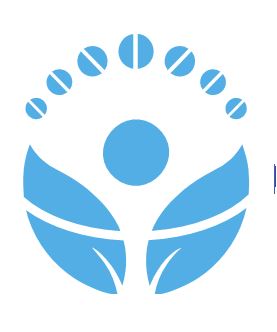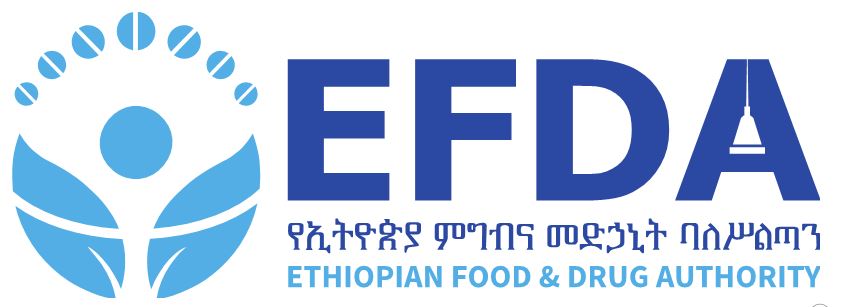In collaboration with national AIDS control programs and other
relevant programs, groups from the International Network for
Rational Use of Drugs (INRUD) conducted a survey in five East African
countries— Ethiopia, Kenya, Rwanda, Tanzania, and Uganda—.
The aim of the survey was to appraise some aspects of the current
practices in antiretroviral therapy (ART) programs. Specifically, for
patients receiving antiretroviral (ARV) medicines they looked at which
definitions and which parameters were being used for measuring
adherence and defaulting and how they were being calculated. In
addition they reviewed what data are routinely recorded and where.
Definitions of both adherence and defaulters or dropouts were shown
to vary considerably.. Fourteen different definitions of defaulting were
found to be in use. Measurement of both adherence and defaulting at
individual or facility level was haphazard, using various data sources
and various methods of calculation. Nevertheless, much information is
recorded at both the clinic and pharmacy location.
A regional meeting was held at Entebbe, Uganda, April 27–29, 2006,
with 38 participants from Management Sciences for Health (MSH),
the national AIDS control programs, and local INRUD groups who
had coordinated the survey. Candidate indicators were suggested for
the following: self-report from patient interviews or clinical records;
non adherence, based on missed days from pharmacy records; and
defaulting, based on information from attendance registers. Other
system indicators were also suggested as was a national sampling
strategy. The feasibility and reliability of collecting these suggested
candidate indicators were then tested in two national surveys of 20
facilities each in both Kenya and Rwanda towards the end of 2006.
- Home
- About Us
- News and Events
- Services
- Publications
- Directorates
- Director General
- Medicine Sector Deputy Director General
- Food Sector Deputy Director General
- Medical Device Sector Deputy Director General
- Chief Executive Officer
- Basic Service Executive Officer
- Competence & Human Resource Management Executive Officer
- Information & Technology Executive Officer
- Organizational Change Management Executive Officer
- Procurement & Finance Executive Officer
- Strategic Affair Executive Officer
- Women & Inclusive Social Affair Executive Officer
- Branch Office Head
- COVID19
- Public Information
- Announcement
- Contact
ART Study
You are here:
- Home
- Publication
- ART Study



